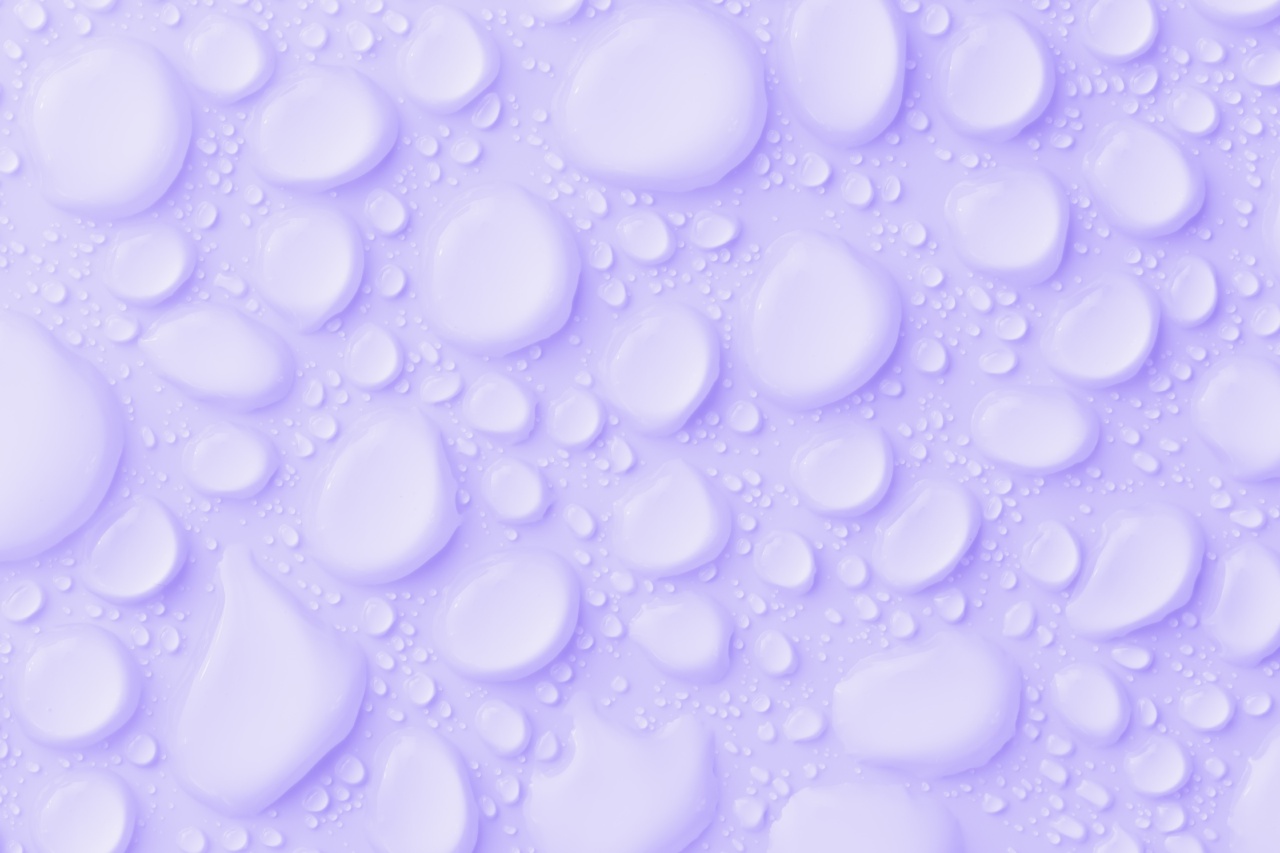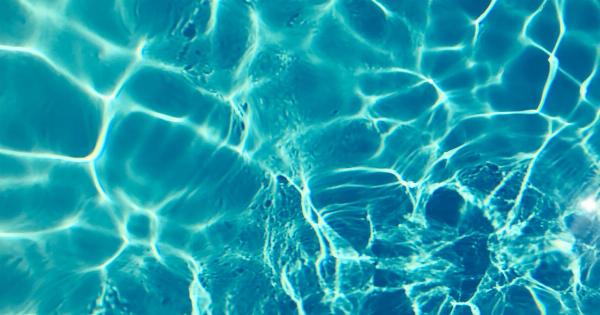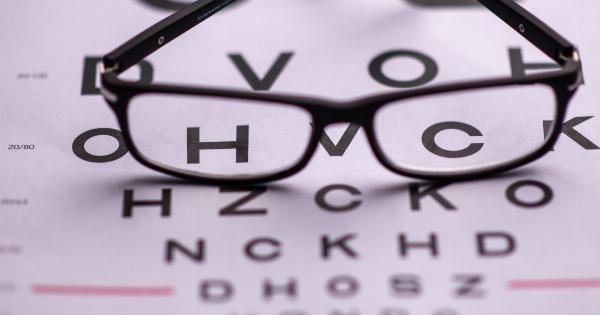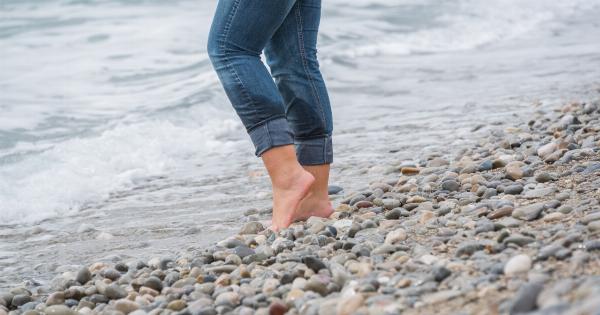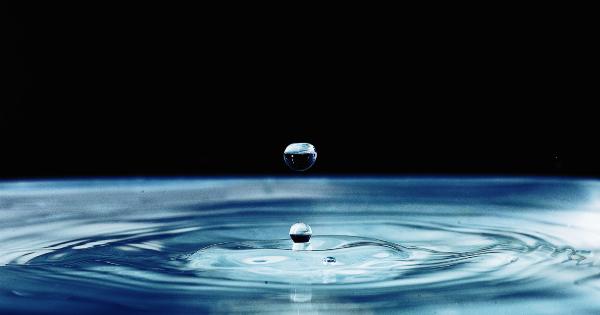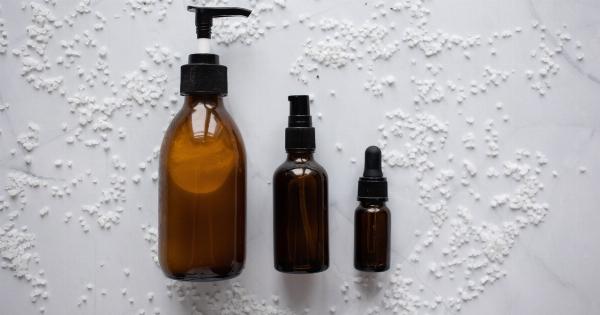Have you ever struggled to lose weight despite following a strict diet and exercise routine? Are you constantly feeling bloated or dealing with water weight fluctuations? If so, you may benefit from taking a wet retention test.
Also known as a water retention test, this simple and affordable test can help you identify if your body is holding onto excess water.
By understanding your body’s water balance, you can make changes to your diet and lifestyle to help reduce bloating, inflammation, and other symptoms associated with water retention.
What is wet retention?
Water retention, or edema, refers to the accumulation of excess fluid in the body’s tissues. This can cause swelling, puffiness, and discomfort, particularly in the legs, hands, and feet.
While some degree of water retention is normal and necessary for the body to function properly, excessive retention can be a sign of an underlying health issue.
There are a number of factors that can contribute to wet retention, including:.
- High salt intake
- Poor diet
- Sedentary lifestyle
- Hormonal changes, such as those experienced during menstruation
- Medications, such as blood pressure medication or steroids
- Underlying health conditions, such as kidney or liver disease
If you are experiencing symptoms of water retention, such as swollen ankles or difficulty buttoning your pants, it’s important to talk to your doctor.
They can help identify the underlying cause and develop a treatment plan tailored to your needs.
The Wet Retention Test
The wet retention test is a quick and easy way to determine if you are holding onto excess water. This test can be done at home and requires only a few simple tools:.
- A scale
- A measuring tape
- A glass of water
- A urine test kit (optional)
To perform the test:.
- Weigh yourself before breakfast, after using the bathroom, and without any clothes on
- Record your weight
- Measure your waist at the level of your belly button
- Drink a glass of water
- Weigh yourself again after two hours
- Record your weight
- Measure your waist again
- If you have a urine test kit, test your urine for specific gravity (the concentration of urine)
The results of the test can help you determine if you are holding onto excess water. Specifically:.
- If your weight has increased by more than 2 pounds, you may have excess water retention
- If your waist measurement has increased, you may have excess water retention
- If your urine specific gravity is low, you may have excess water retention
If you have any concerns about the results of your test, it’s important to talk to your doctor. They can help you understand what the results mean and develop a plan to address any underlying health issues.
Reducing water retention
If your wet retention test indicates that you are holding onto excess water, there are a number of changes you can make to help reduce your symptoms:.
- Reduce your salt intake
- Stay hydrated by drinking plenty of water throughout the day
- Eat a healthy, balanced diet that includes plenty of fruits and vegetables
- Move your body regularly, such as through exercise or stretching
- Avoid prolonged periods of sitting or standing
- Wear compression stockings or socks if recommended by your doctor
In some cases, your doctor may also recommend medication or other treatments to help reduce water retention. However, lifestyle changes are often the first line of defense against edema.
Understanding your body
By taking the wet retention test and making changes to your diet and lifestyle, you can start to understand your body’s water balance and make positive changes to your health.
Whether you are struggling with excess water weight or simply want to optimize your hydration levels, the wet retention test can be a valuable tool.
If you are experiencing symptoms of water retention, be sure to talk to your doctor. They can help you identify the underlying cause and develop a treatment plan tailored to your needs.
Conclusion
The wet retention test is a simple and affordable way to determine if your body is holding onto excess water.
By understanding your body’s water balance, you can make changes to your diet and lifestyle to help reduce bloating, inflammation, and other symptoms associated with water retention. If you are experiencing symptoms of water retention, be sure to talk to your doctor. They can help identify the underlying cause and develop a treatment plan tailored to your needs.
